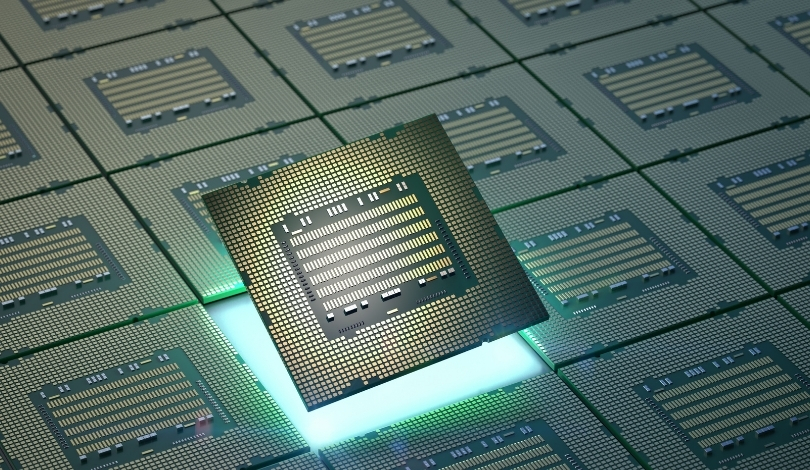AMD has introduced its latest processor, the Ryzen 7 9800X3D, targeting gamers and high-performance enthusiasts. This new model builds on the strengths of its predecessors, aiming to deliver superior gaming experiences. However, recent user reports have raised concerns about potential overheating issues, casting a shadow over its impressive performance metrics.
Previous iterations of the Ryzen series have been well-received for their balance of power and efficiency. The Ryzen 7 9800X3D continues this legacy but introduces advanced features that differentiate it in a competitive market. While initial reviews highlight significant gains in gaming performance, the emergence of burnout reports suggests that real-world usage may reveal challenges not apparent in controlled testing environments.
How Does the Ryzen 7 9800X3D Improve Gaming Performance?
The Ryzen 7 9800X3D enhances gaming by incorporating AMD’s latest 3D V-Cache technology. This allows for faster data retrieval and smoother gameplay, giving gamers a noticeable edge in performance-intensive scenarios. Benchmark tests have shown marked improvements over its predecessor, making it a strong contender in the high-end CPU market.
What Are the Reported Burnout Issues?
Users have reported instances of the Ryzen 7 9800X3D overheating during prolonged gaming sessions. These issues could stem from inadequate cooling solutions or the CPU’s high power consumption under heavy loads. AMD has yet to officially address these reports, leaving consumers concerned about the long-term reliability of the processor.
How Is AMD Responding to the Concerns?
“We are actively investigating the reports of overheating with our Ryzen 7 9800X3D,” an AMD spokesperson stated. “Our goal is to ensure that all our products meet the highest standards of performance and reliability.”
AMD may consider releasing firmware updates or recommending enhanced cooling systems to mitigate these issues, though specific solutions have not been disclosed.
The introduction of the Ryzen 7 9800X3D marks a significant advancement in AMD’s processor lineup, yet the reported burnout issues highlight the complexities of balancing performance with thermal management. Consumers will need to weigh the benefits of enhanced gaming capabilities against the potential risks of overheating when considering this new CPU.
Choosing the right cooling solution and monitoring system performance could be essential steps for users to maximize the benefits of the Ryzen 7 9800X3D while minimizing the risk of overheating. As AMD addresses these concerns, the market will likely continue to evaluate the processor’s overall value proposition.





